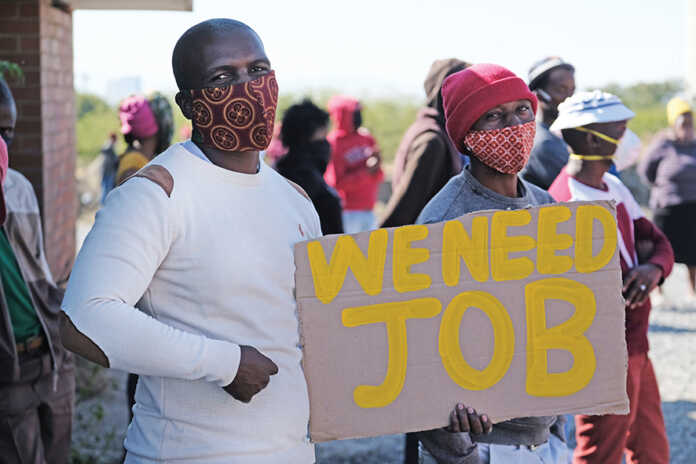Ekurhuleni-based manufacturing company BT Industrial Group plans to roll out job opportunities to almost 600 unemployed people across Gauteng.
This comes after the company, founded by Kgomotso Lekola, received a pledge that R523-million investment would be injected into the business.
In April, President Cyril Ramaphosa presided over the fifth South African Investment Conference where a total value of investment pledged over a five-year mobilisation period reached R1.51-trillion, surpassing the initial R1.2-trillion target.
BT Industrial Group, which is based in Benoni in the east of Johannesburg, specialises in the global manufacturing and supply of critical products including plastic pipes for water infrastructure, optical fibre, and polymer-based medical fabrics and components for clinical environments.
Lekola said the company’s substantial investment is divided into three vital projects, noting that the multimillion-rands investment would be shared accordingly.
“R325-million will be invested in the manufacturing of high-density polyethylene pipes and fittings,” Lekola said.
“This project is set to enhance water infrastructure and create new jobs, contributing significantly to the local community’s prosperity.”
Lekola added that R76-million would be invested in the production of food-grade sustainable plastics.
“Recognising the global need for sustainable solutions, BT Industrial is investing in advanced technology to produce food-grade recycled plastics.
“Africa’s contribution to ocean plastic waste, currently at 8%, can be mitigated through these innovations.”
Another R122-million, according to Lekola, would be invested in the manufacturing of vascular access management syringes.
“This project not only advances healthcare but also provides employment opportunities.
“Vascular access management is crucial in patient care, and BT industrial’s innovative syringes will streamline processes, reduce waste, and improve patient outcomes.
“Our research estimates that approximately R2.5-billion is spent on vascular access management in South Africa.”
He explained further: “The BT [Industrial] range of prefilled syringes will save the national healthcare system approximately R1.5-billion by reducing preparation time by 98%, cutting medical waste by 80%, and enhancing patient clinical outcomes.”
Lekola highlighted the importance of sustainable solutions in the plastics industry, mentioning a rising demand in Europe for food-grade recycled plastics.
BT Industrial’s technology, he explained, surpasses industry standards by removing impurities and minimising degradation.
“In the plastics project, 100% of the 15 000 metric tons of food-grade sustainable plastics produced annually will be exported to countries in Oceania and the EU.
“The syringes project is set to export all 30-million vascular access management syringes globally, further boosting South Africa’s presence in the international market,” he added.



